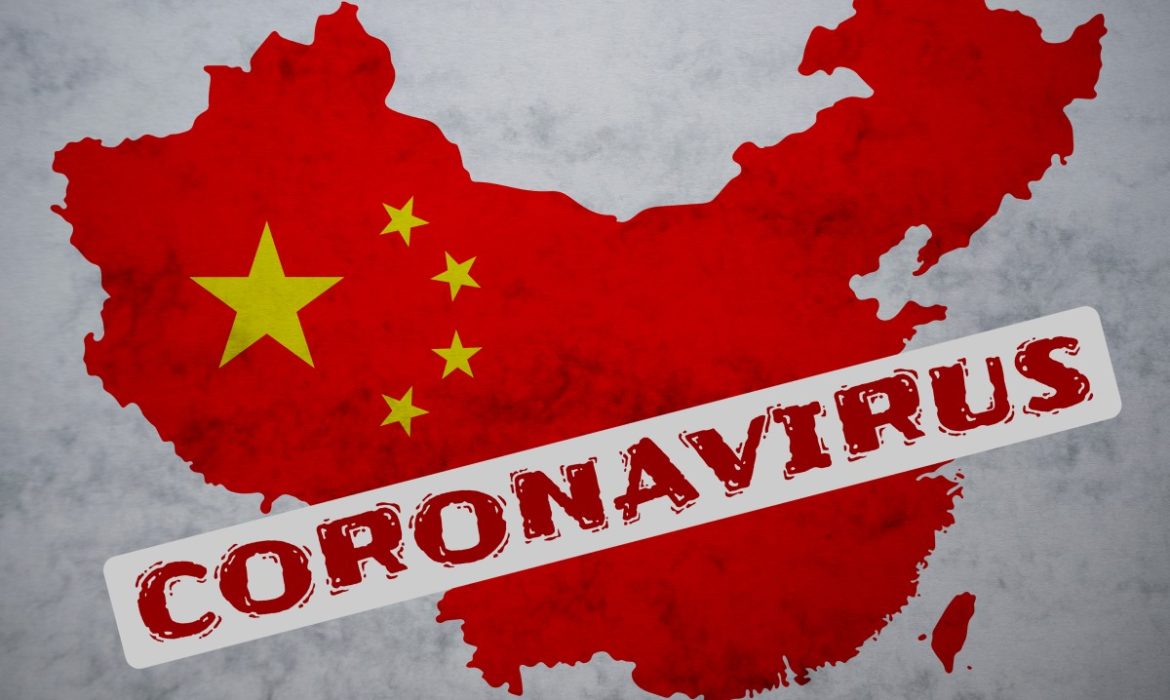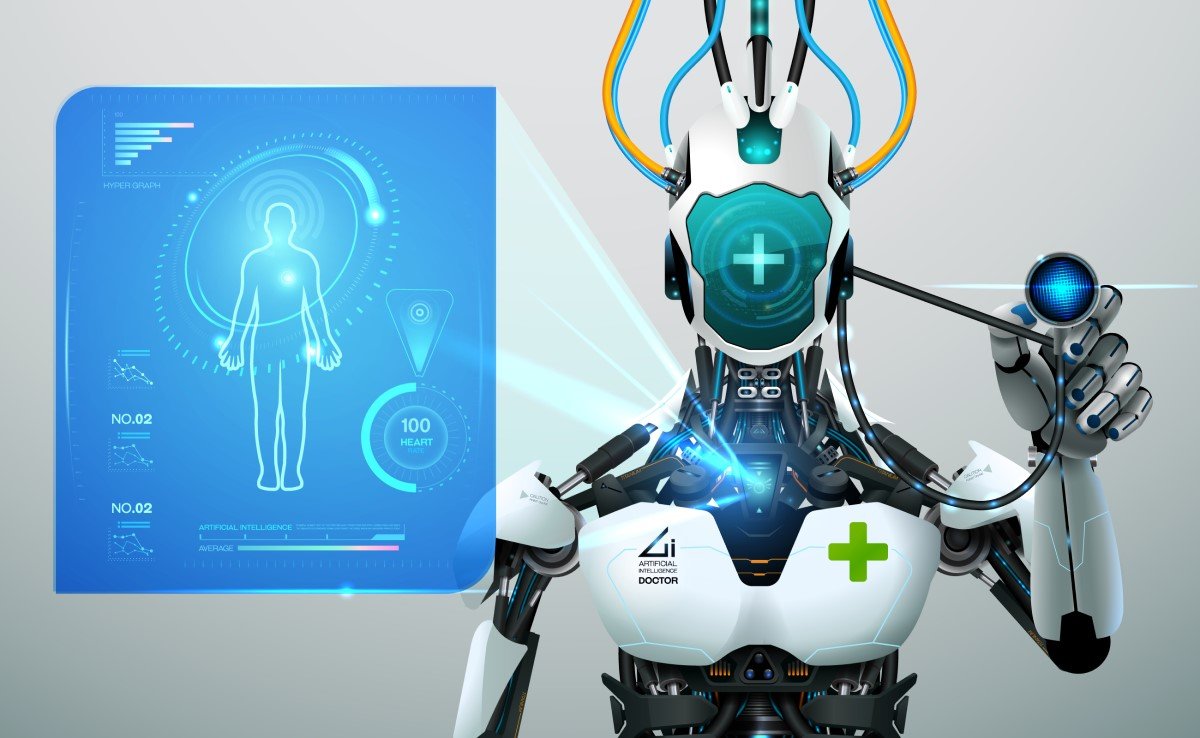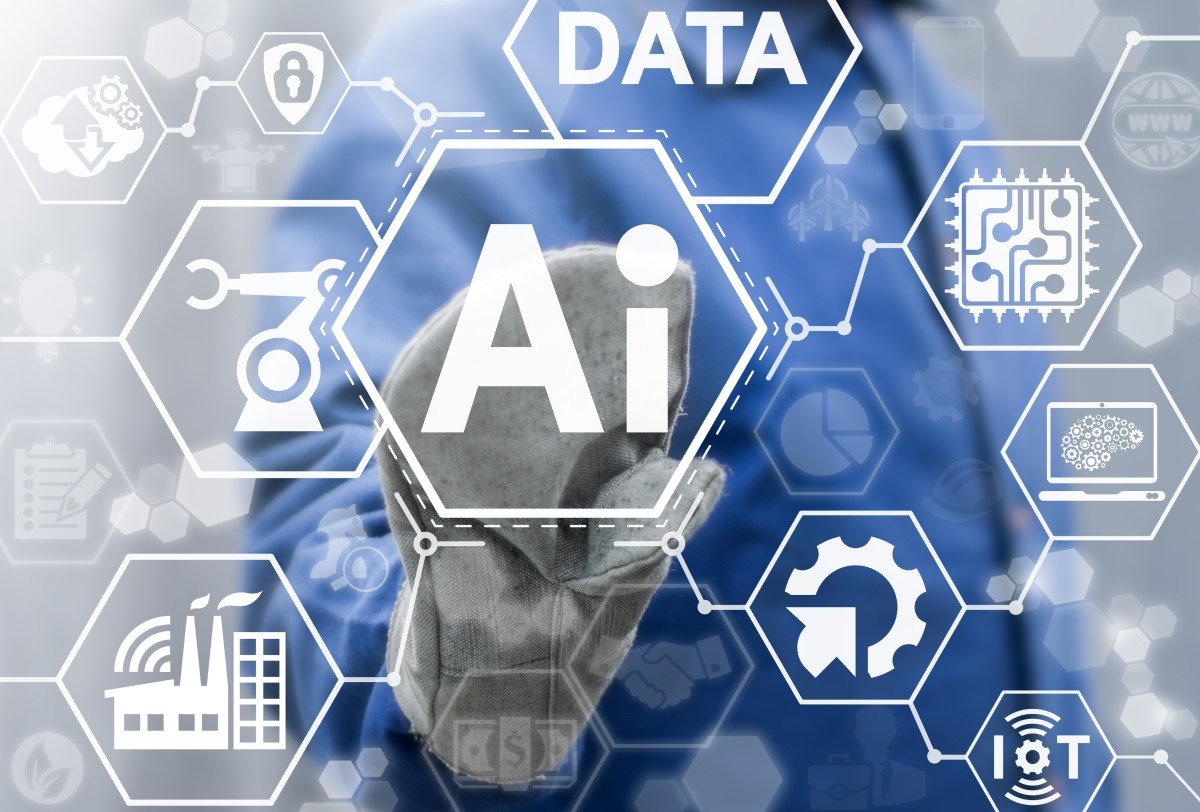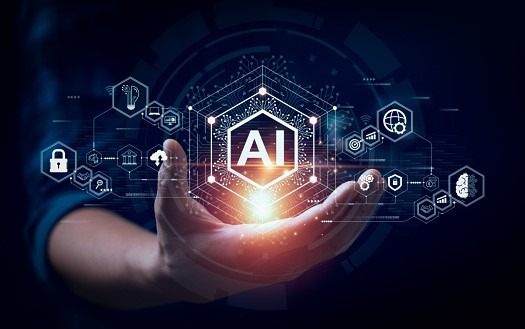The mysterious coronavirus is spreading from China at an alarming rate. There have been more than 14,300 persons infected and at least 305 deaths. The question that arises is, can artificial intelligence help?
On Thursday, the World Health Organization (WHO) declared the coronavirus a global emergency. In 2002-2003 there was a SARS outbreak in China. Nevertheless, to put things into perspective, it has already exceeded the numbers infected by SARS.
Thus, most of the countries are working hard to defeat the virus. There have been lock-downs, and quarantines on major cities. Also, there were limits on travel and accelerated research on vaccine development.
We can check BlueDot. It is a venture-backed startup. BlueDot built a sophisticated artificial intelligence platform. It processes billions of data pieces, such as from identity outbreaks, to the world’s air travel network.
BlueDot made its first alert on December 31st, in case of the coronavirus. It was ahead of the United States Centers for Disease Control and Prevention. The Disease Control and Prevention center made its determination on January 6th.
Kamran Khan is the mastermind of the BlueDot. He is a professor of Medicine and Public Health at the University of Toronto and an infectious disease physician. Moreover, he was a frontline healthcare worker during the SARS outbreak.
Artificial Intelligence
Khan said that they are currently using NLP (natural language processing and machine learning). He explained that they are using it to process vast amounts of unstructured text, now in 65 languages, for tracking out of over 100 different diseases, every 15 minutes around the clock. If they did it manually, they would need most probably over a hundred people to do it well. These data analytics are enabling health experts to focus their energy and time on how to respond to infectious disease risks. Thus, from them is not required anymore to spend their energy and time to gather and organize information.
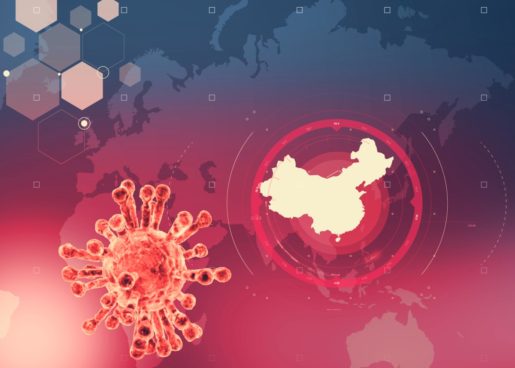
Nevertheless, BlueDot won’t be the only organization to leverage artificial intelligence to help curb the coronavirus successfully.
Colleen Greene is the GM of Healthcare at DataRobot. She says that artificial intelligence can predict the number of potential new cases by area. It might also predict which types of populations will be most at risk. Thus, they can warn travelers so that vulnerable communities can wear proper medical masks while traveling.
Vahid Behzadan is the Assistant Professor of Computer Science at the University of New Haven. He said that artificial intelligence could help with the enhancement of strategies of optimization. For example, one research group is on the use of machine learning. It is for optimizing and evaluating social distancing or quarantine between communities, countries, and cities to control the spread of coronavirus. Moreover, Behzadan’s research group is collaborating with Dr. Soltanolkottabi to develop methods for the enhancement of vaccination strategies. These strategies are advancing in artificial intelligence, particularly in reinforcement learning techniques.
Dr. Vincent Grasso is the IPsoft Global Practice Lead for Healthcare and Life Sciences. He says that when the disease breaks out, it’s crucial to obtain clinically related information.


